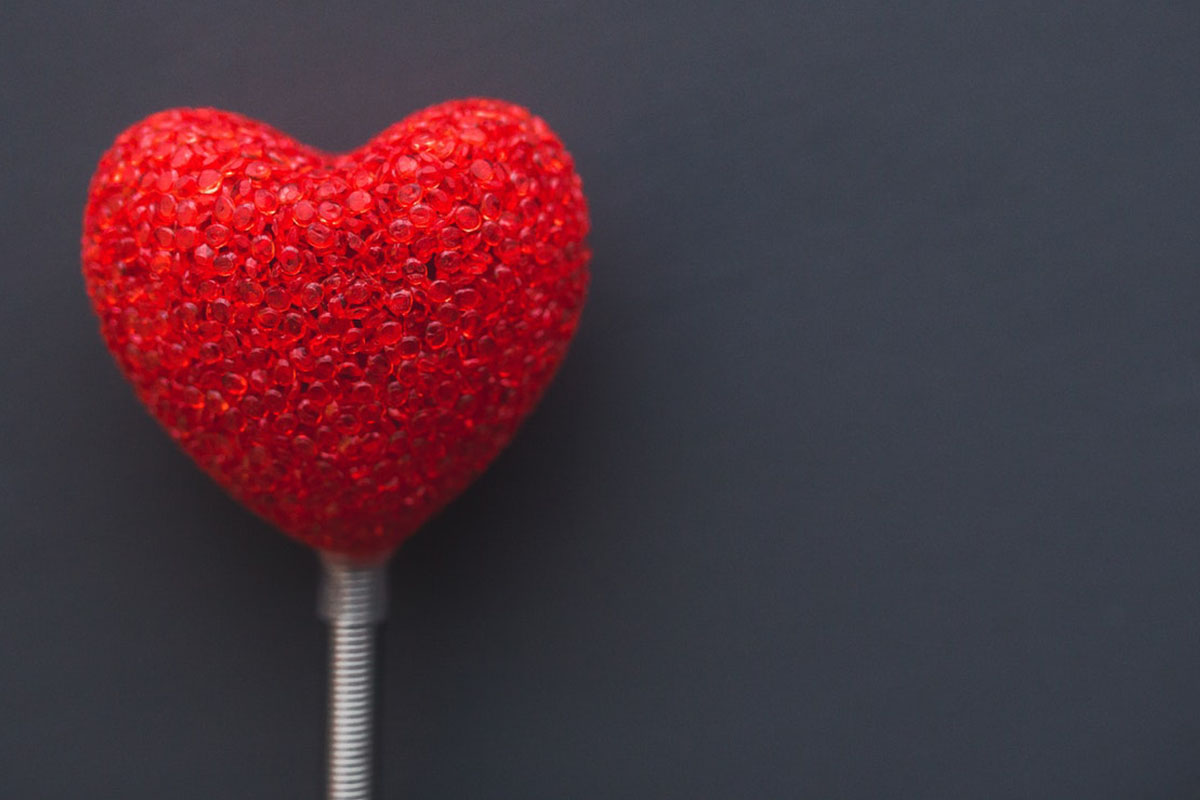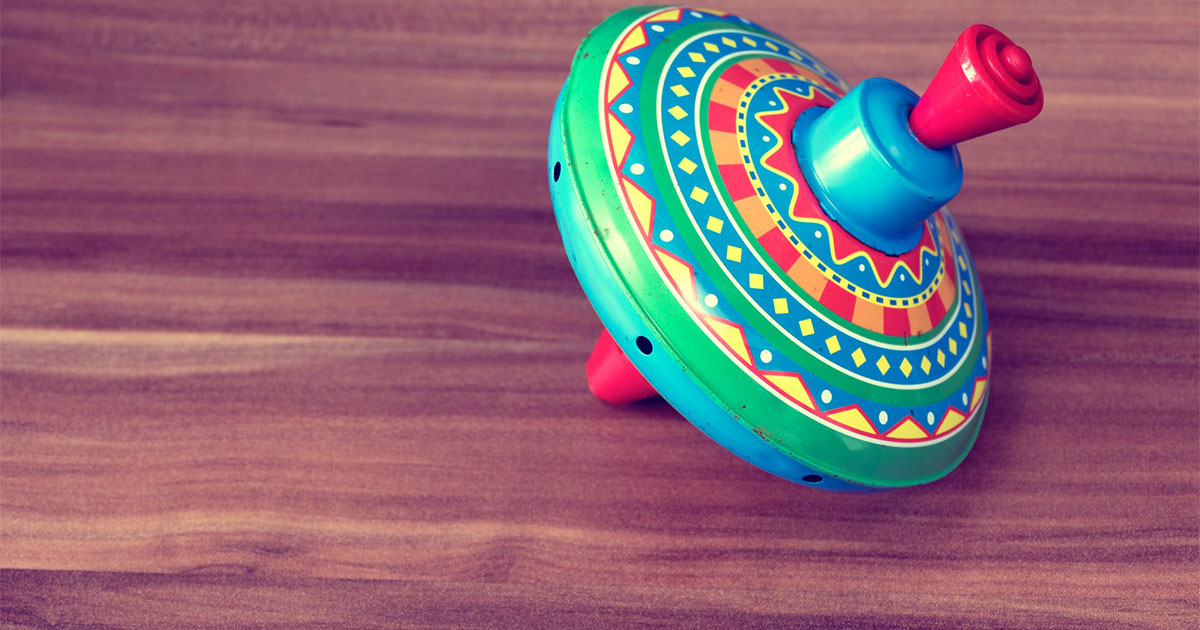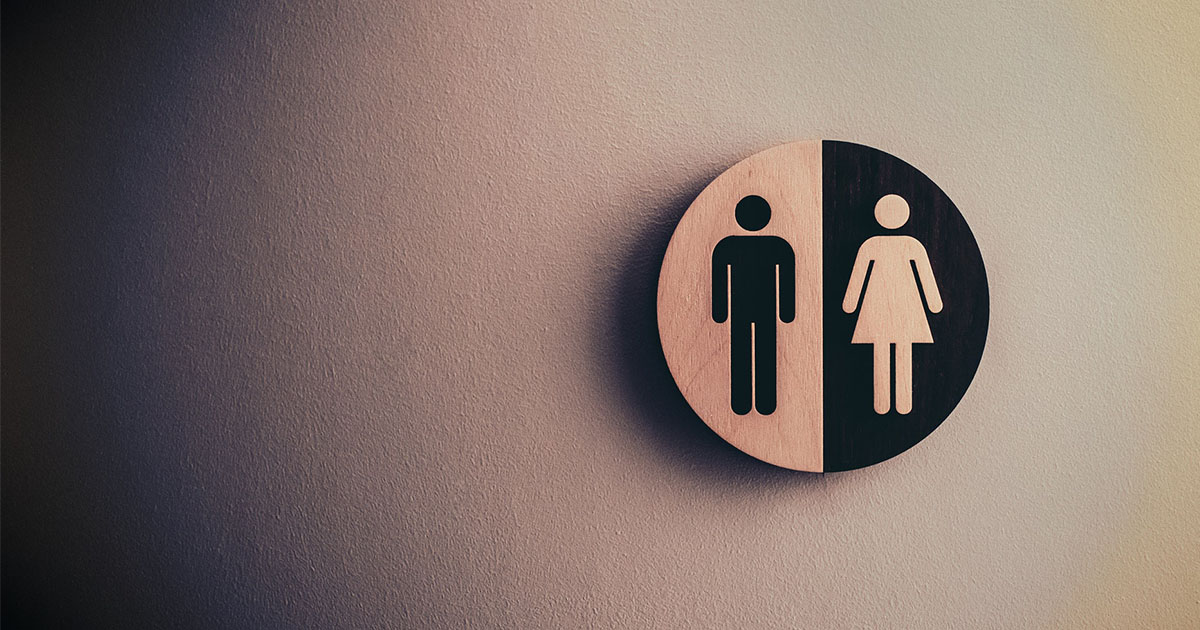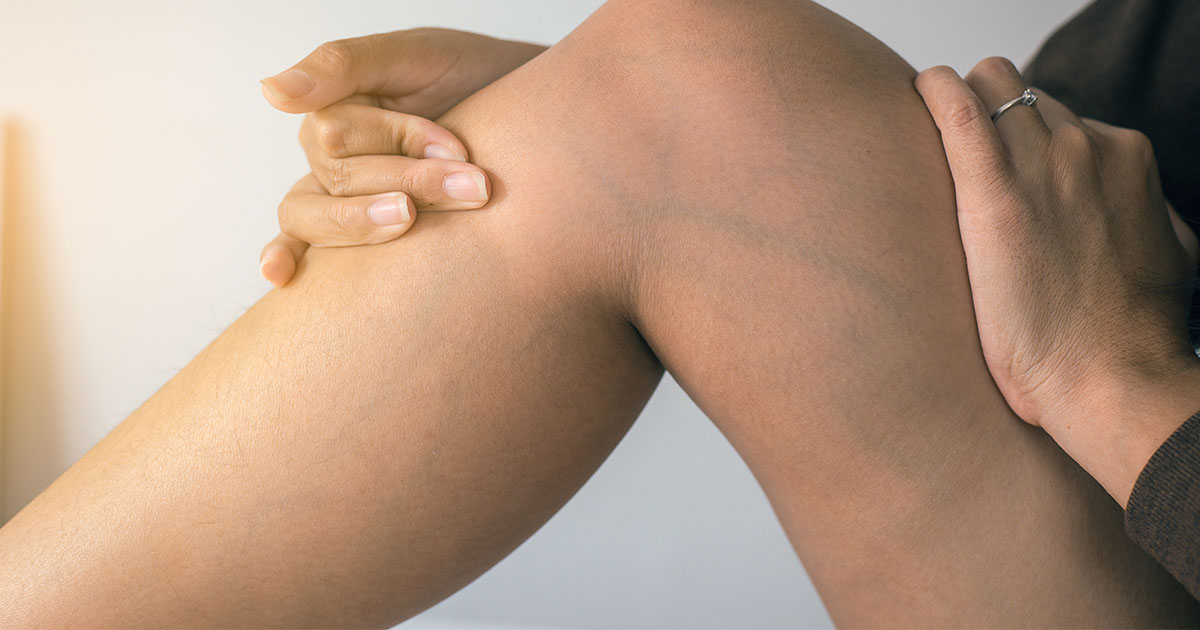The best-known signs of pregnancy include missed periods, feelings of nausea and an expanding tummy.
But they are far from being the ONLY symptoms. Pregnancy doesn’t only bring joy and dreams of a healthy, bouncing baby, it can bring a host of new ailments. Some of them are very unexpected – even downright weird! Thankfully, many are harmless and will pass, but others will need medical attention, so it’s important to be aware of changes to ensure a healthy, happy pregnancy. Discuss any health concerns with your obstetrician.
Do any of these signs and symptoms sound familiar to you?

1. You keep tasting metal
Called dysgeusia, this strange, metallic taste experienced by 93% of pregnant women usually recedes after the first three months. You can blame changes in your hormones for the weird changes in the way things taste. Higher levels of oestrogen are believed to be the cause.
2. Your sense of smell becomes your superpower
A heightened sense of smell is common during early pregnancy. It’s believed to be a clever way your body adapts to protect you from food poisoning. It's why we go off certain foods when we’re expecting. This may explain why Japanese women statistically suffer the most from morning sickness. Their fish-rich diet is has lots of healthy benefits, but seafood also carries an increased food poisoning risk.
3. You feel exhausted
You may not look pregnant in the first few months – nobody is offering you a seat on public transport. But you feel shattered. Again, the sharp rise in hormone progesterone is to blame along with the host of other changes your body is going through.
4. Your vaginal discharge alters
You may notice a yellowish-white vaginal discharge during in the first few months. It is usually caused by hormone fluctuations and it’s your body’s way of keeping infections at bay.

5. Your heart beats faster
This isn’t just because you’re excited about your new arrival! Your heartbeat quickens in early pregnancy because of the sudden increase in the volume of blood circulating around your body. If palpitations worry you, discuss your concerns with a specialist.
6. You're having strange dreams
Dreamt that you have just given birth to an alien? Or you have just wed all four members of One Direction? Pregnancy triggers changes in sleep pattern and the way your brain processes information and emotions. Expect stranger and more vivid dreams as well as better recall!
7. You feel puffed out
Progesterone can cause a sensation of breathlessness in early pregnancy. It may not be serious, but you’ll also feel out of breath if you’re anaemic, so do mention it to your doctor or midwife.
8. There is more drool!
Saliva production increases during pregnancy, so expect a little drool on your pillow!
9. Not another nosebleed!
Hormones are also the cause of nosebleeds that some pregnant women experience. These are usually manageable at home, although if the bleeding lasts longer than 10 to 15 minutes, or you feel faint, seek medical attention.

10. You keep feeling dizzy
Feeling lightheaded – and sometimes even keeling over – is a symptom due to your blood vessels relaxing and widening. This happens to allow more blood flow to your baby, but restricts the blood to you (and your brain!). The result? Dizziness!
11. There's a burning boob sensation
Women may experience a burning sensation under their right breast. In most cases, the cause of rib pain is harmless. The growing baby often causes aches and pains around the ribs due to their position in the womb. Do talk to your doctor about it just in case it’s indicating something more serious.
12. Your gums are swelling
You’re entitled to free dental care on the NHS during pregnancy – a growing a baby takes its toll on teeth. Pregnancy tumours (or granulomas as they’re also known) can cause painful swellings occurring along the gum line.
13. Your teeth are wobbling
Years ago, it was common for women to loose teeth during pregnancy. Better nutrition and dental care mean this is less likely, but hormonal changes can increase the acidity in the mouth, leading to an increase in cavities. It’s true that ligaments and bones in the mouth may relax during pregnancy, so sometimes teeth may wobble, but with the right care they shouldn’t fall out.

14. You're chewing lumps of coal
... Or rubber, or chalk. Most people have heard of this one – unusual cravings during pregnancy are known as pica. They are usually caused by anaemia or nutritional and mineral deficiencies. It’s not unheard of for women to nibble a lump of coal, but not recommended! Thankfully, most women's cravings are extra fruit! Discuss with your midwife, in case you need checks or a supplement. A nutritionist will be able to give you in-depth advice.
15. Your hips ache especially at night
Many women experience pain around the outer thigh or hip area during pregnancy. This is known as ‘greater trochanteric pain syndrome or GTPS. As baby gets larger, you will not be able to sleep on your back or front and you will find it most comfortable to lie on your side. However, can lead to pain. Try to sleep on the opposite side for part of the night to offload the painful hip as much as possible. Put a pillow between your knees to prevent the painful leg from crossing over and falling forward.
16. You're farting more
Even in early pregnancy, shifting hormonal levels mean trapped wind can be an issue. Progesterone relaxes muscles in your body. – including your intestine causing bloating, burping, and flatulence. Don’t say we didn’t warn you!
17. You've gone up a shoe size
Yes, a woman's feet swell during pregnancy. During pregnancy, there’s a relaxation, or loosening, of the ligaments throughout your whole body. Even after giving birth, this may result in have a permanently different shoe size.There may be foot pain too - you may need help for plantar fasciitis.

18. You keep needing to find a loo
As your pregnancy continues, you’ll feel a near-constant urge to have a wee. This happens because the uterus pushes down on the bladder. Sometimes there may be the odd accident! For many women, this will resolve when the baby is born and with the help of kegel exercises. For some women, stress incontinence may continue. If this is the case, do seek out specialist help.
19. More headaches
Increased oestrogen levels can mean more headaches – but these usually ease in the final trimester, although do inform your midwife or doctor. Most headaches won’t cause any serious problems, but from around 20 weeks, they can be a sign of pre-eclampsia. Seek medical help immediately if your headache is severe headache, there are vision disturbances such as blurring or flashing, you have vomiting and stomach pain and there is a sudden swelling of your face, hands, feet or ankles
20. More spots!
Pregnant women are said to enjoy glowing skin – but pulsating zits are probably not what you had in mind! Progesterone surges in the first trimester causes an increase in clogged pores. Get some professional advice if it becomes a problem.
21. The itching is endless
This can be caused by the skin stretching or eczema. Do discuss with your doctor or midwife, because in rare cases, it may signal liver or kidney problems.
22. You're so constipated
Hormonal changes relax the bowel walls, meaning you can’t poo as easily as before. This can happen at any point, but it will be more likely in later in pregnancy.
23. The snoring is LOUD!
Everything gets swollen in pregnancy – including the blood vessels in your nose! Factor in that weight gain and don’t be surprised if the decibels raise while you're snoozing. Buy your partner ear plugs!

24. You get varicose veins
An increase in blood volume and a lessening of the rate at which blood moves from legs up to the pelvis along with hormonal alterations means that around half of women will develop varicose veins. They’ll need monitoring by your doctor and may require expert treatment.
25. ... And spider veins
Known as spider nevi, these tiny little dilated blood vessels, resemble spiders and can appear on the face, arms and chest. They should recede after you’ve given birth. If they don’t, seek out the opinion of a vein expert.
26. There's more sweat
You may find that you’re a bit sweatier during pregnancy – obviously carrying around extra weight and – you’ve guessed it – those pesky hormones are to blame. Some women report smelling sweeter – until they go into labour!
27. Hot flushes too soon
You may assume these only happen to women during menopause. Not so! A rise in temperature is a common symptom of pregnancy and you may even feel a hot flush suddenly come over you. It’s harmless but annoying!
28. The thin dark line
The linea nigra, Latin for ‘black line, may develop in the later stages of pregnancy. This is simply pigmentation of the line of skin you'd probably never noticed that runs between your belly button and your pelvis.
29. Moles may appear – or increase in size
This is a side effect of the increased blood flow in her body due to the pregnancy.
30. You develop 'pregnancy mask'
Chloasma – to give it its official title – also known as melasma refers to patches of darkening on the skin. It’s often symmetrical and women of colour or who are olive-skinned are more prone to it than those with pale colouring. Other areas of your body that are often exposed to sun can also develop melasma. It may resolve itself, or you may wish to discuss it with a dermatologist.
The time of a woman’s life when her ovaries stop releasing an egg (ovum) on a monthly cycle, and her periods cease
Full medical glossary31. You get super-clumsy
Pregnancy – the later months in particular – will cause you to become a lot clumsier. As your belly grows, your ability to manouvre with grace diminishes. Sensible shoes may be required to stop you falling over!
32. Heartburn strikes
You may never have experienced digestion issues before, but for many women, pregnancy is a rude introduction! Heartburn or acid reflux is can be caused by hormonal changes and the growing baby exerting pressure on your digestive system. Consultant Gastroenterologist Dr Simon Mark Greenfield says: 'Avoid late meals, snacks and drinks before bedtime - because food or fluid in your stomach will reflux upwards into your gullet as you lay flat.'
33. Lightening crotch
Ouch! We're talking stabbing pains the vagina. Sometimes dubbed ‘lightning crotch’, this has been likened to someone prodding you with a knitting needle. This sudden sharp pain deep inside the vagina is reported during late pregnancy. It should be over in seconds. It’s normal and is as a result of your soon-to-be born shifting position.
34. You can't stop weeping!
Crying at the smallest thing? Then suddenly laughing? Pregnancy mood swings are caused by the surge of hormones. This generally settles as the pregnancy goes on, but although much rarer than postnatal depression, prenatal depression can occur. Hormonal sensitivity and a history of depression and other factors are likely to combine to make some women more vulnerable. Try and find ways to de-stress. If you’re struggling, do talk to your doctor, midwife or a mental health specialist.

